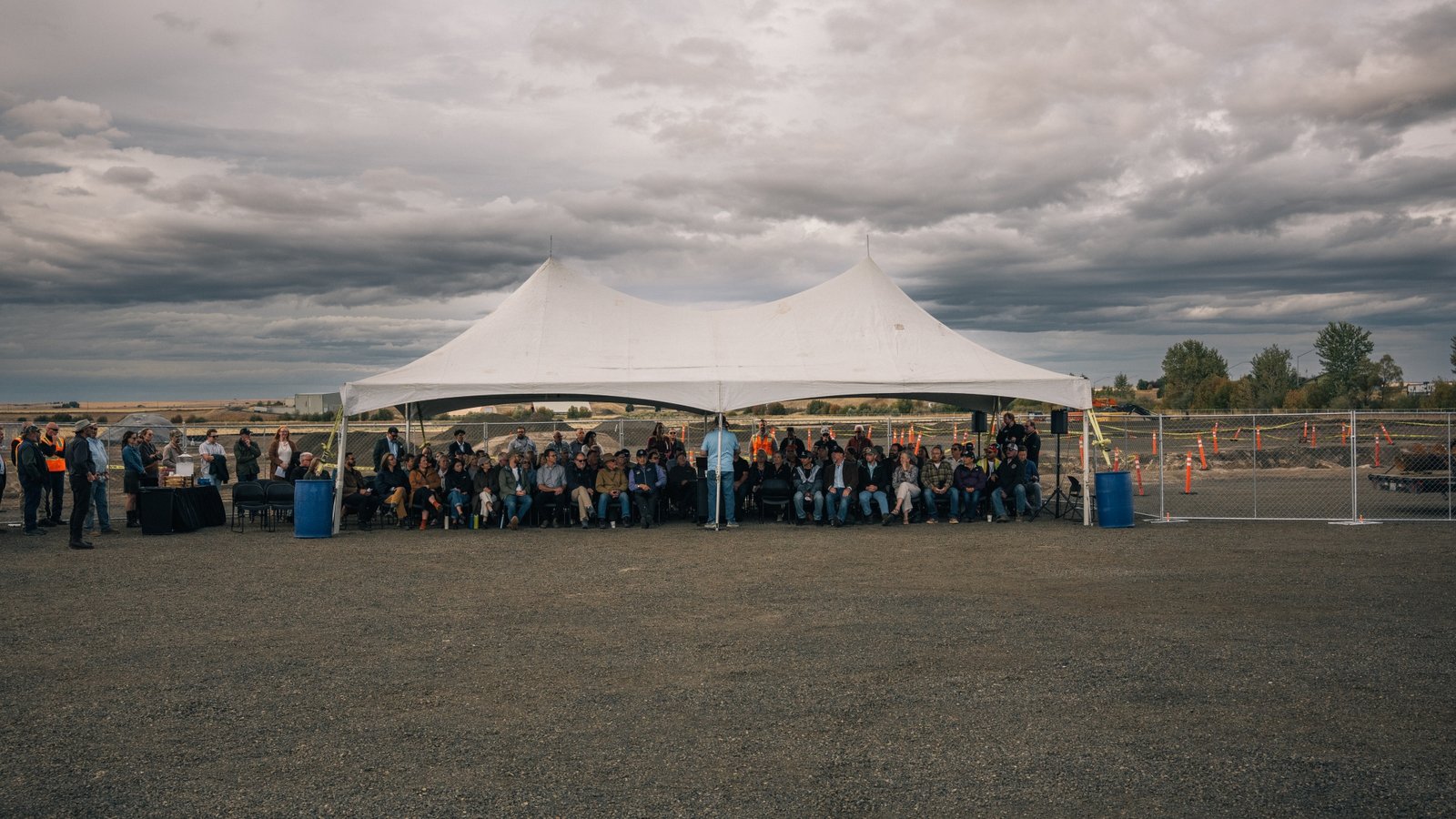
How the artisanal flour movement could be a boon to farmers and the Indian state

It’s tough times in America’s heartland right now, with many farmers on the brink of bankruptcy, in part due to President Trump’s trade war that has halted global sales of many of their crops.
Trump’s tariffs also made imported fertilizer and other equipment that farmers depend on more expensive amid already high inflation. But in one corner of the Pacific Northwest wheat country, there is a glimmer of economic hope due to booming businesses. "Artisanal flour."
On the Umatilla Indian Reservation near Pendleton, Oregon, Washington state-based Cairnspring Mills is building a new flour mill that will expand the company’s production twelvefold and give some wheat farmers a local market for their grain. Over 90% of all wheat grown in the Pacific Northwest is exported.
"We are trying to do our small part in changing this because the commodity market is unpredictable," says Kevin Morse, co-founder of Cairnspring. "This is usually a race to the bottom and is unprofitable."
Once full production is reached, the new mill will need about 2 million bushels of wheat per year, which is still a small speck in the Northwest’s overall wheat market. Despite its growth, analysts say the artisanal flour coveted by artisan breadmakers is still a niche business.

The plant is expected to open within a year with the help of the Confederated Tribes of the Umatilla Indian Reservation on farmland near the casino. An estimated 20 jobs will be created, and the plant promises to prioritize indigenous people in training and employment.
Tribal officials say it’s a sign that Indian country is open for business.
"For small communities in rural areas, there is hope," says Stephen Hart, Trustee-at-Large.
Copyright 2025, NPR













Post Comment